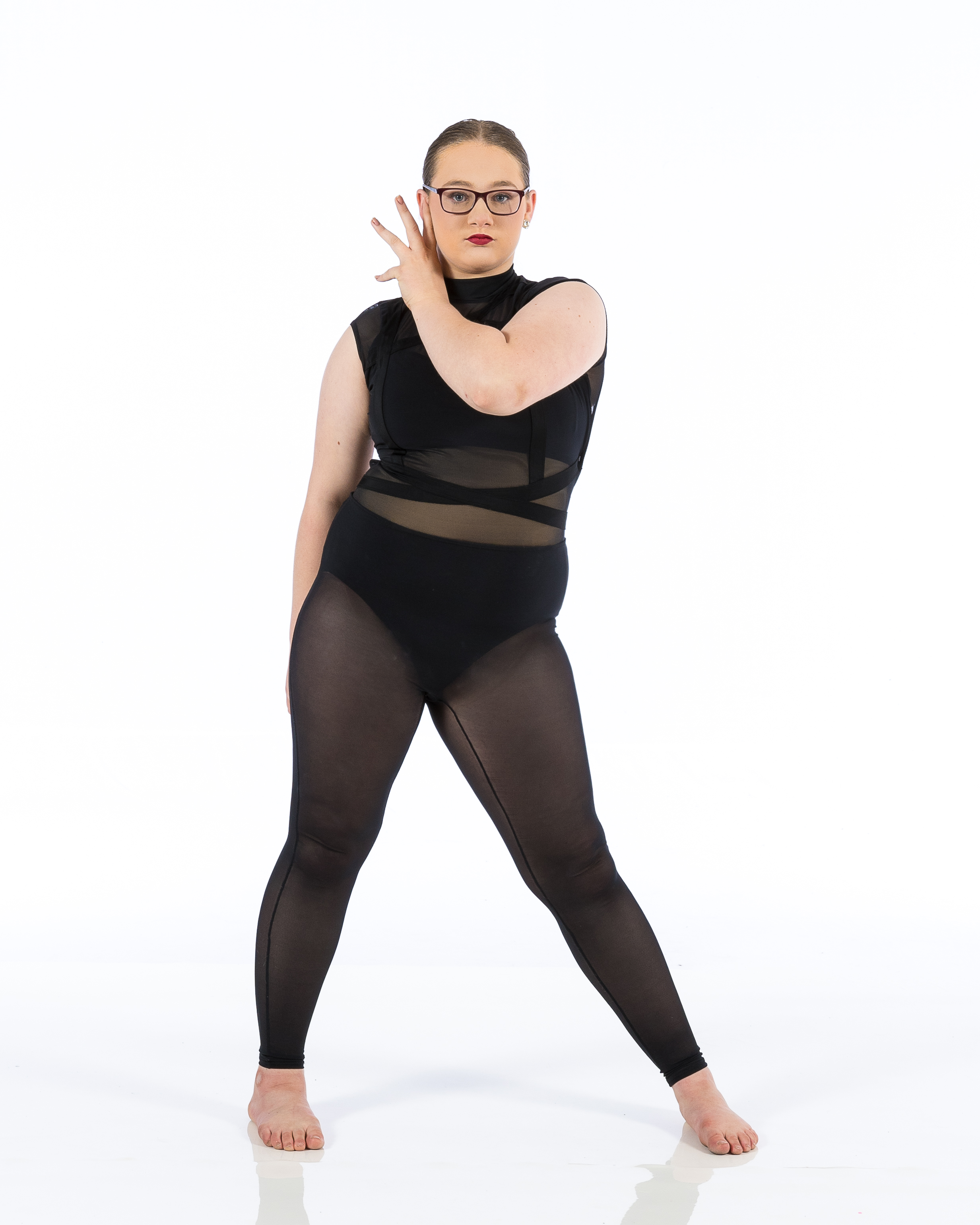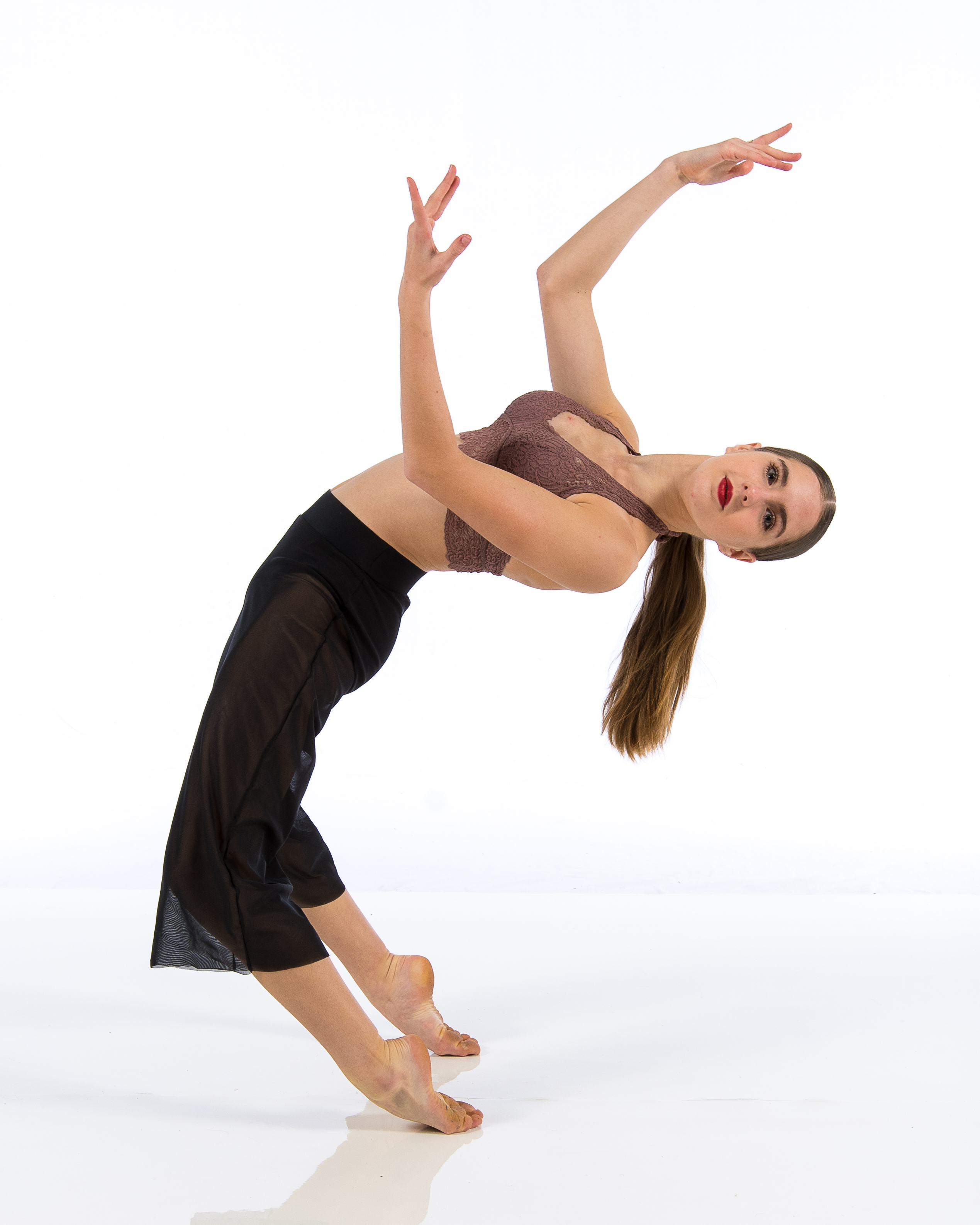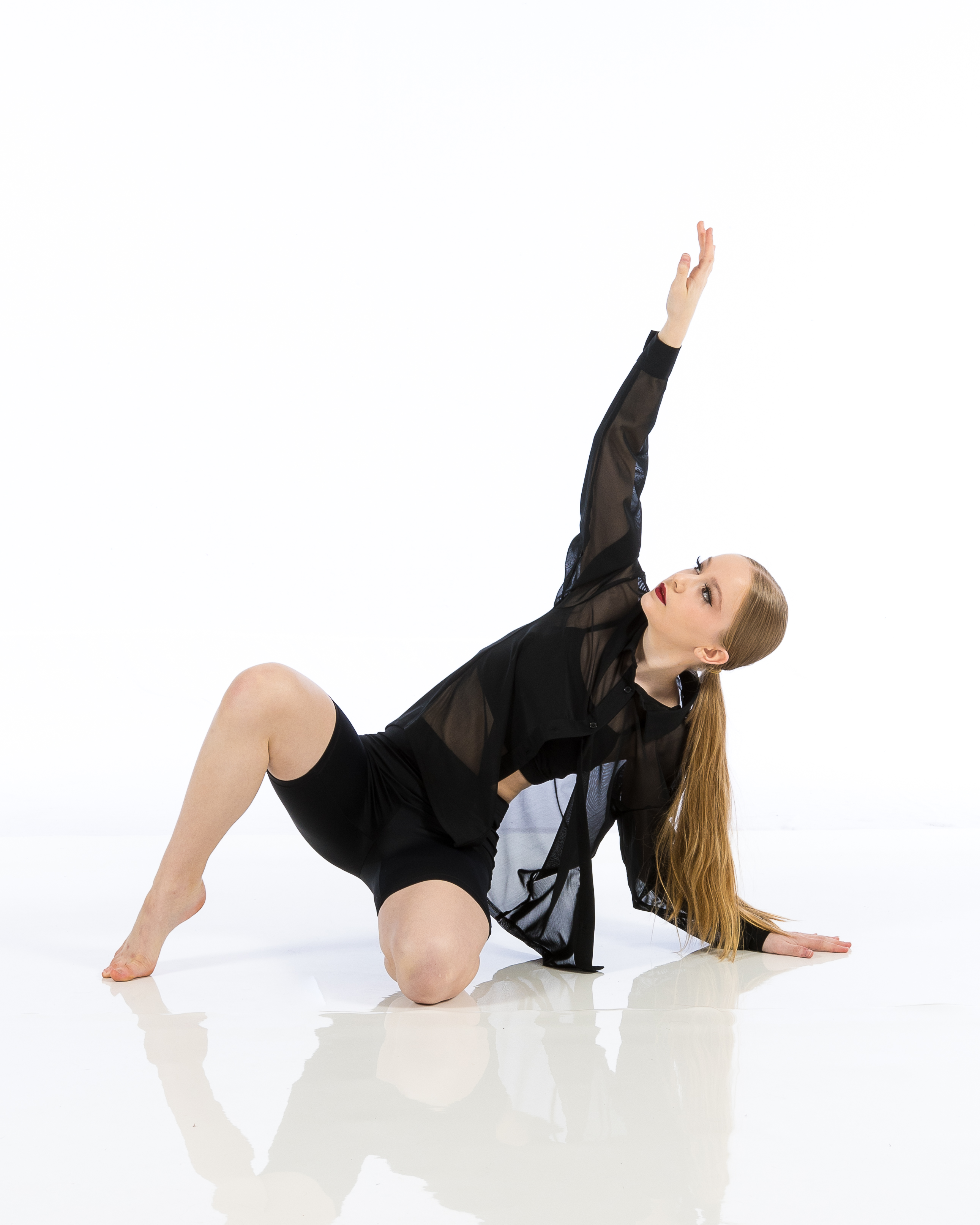Introduction
Stepping right into a dance studio for the very first time is a thrilling experience, one that can stir a cocktail of feelings-- excitement, nervousness, expectancy. Whether you're a skilled dancer or just starting your trip, understanding the subtleties of dance studio rules can elevate your experience and boost your connections with teachers and fellow dancers alike. In this comprehensive overview, we'll dive deep into Mastering Dance Studio Decorum: Important Tips for Beginners and Pros Alike
From basic guidelines to sophisticated considerations, this short article will cover whatever you need to understand about browsing the lively world of dancing studios. So tighten up those shoelaces and allow's obtain started!
The Value of Dance Studio Etiquette
Why Etiquette Issues in Dance Studios?
In any type of imaginative setting, rules plays an essential duty in keeping consistency and regard amongst participants. Dance studios are no exception. Excellent rules fosters a favorable environment where creativity can flourish.
- Respect: Being thoughtful towards instructors and fellow professional dancers constructs common respect. Focus: Proper behavior minimizes interruptions, permitting every person to focus on learning. Community: Rules helps create a helpful community that encourages development and camaraderie.
Common Mistaken beliefs Regarding Dance Studio Etiquette
Many newcomers hold false impressions about what makes up appropriate actions in dancing workshops. Allow's disprove some myths:
- Myth 1: "Just innovative professional dancers require to adhere to decorum." Fact: Decorum is crucial for all degrees; it mirrors professionalism. Myth 2: "Trainers are also rigorous concerning rules." Fact: Instructors implement policies to maintain order and respect.
Basic Dance Studio Decorum for Beginners
Dress Code: What to Wear?
First impressions matter! The best outfit not only mirrors your commitment however likewise enhances your efficiency. Here's just how to dress suitably:
Dance Classes- Comfort: Choose clothing that enable totally free movement. Footwear: Invest in good-quality shoes matched to your dancing style.
|Dancing Style|Suggested Outfit|| -------------|-------------------------|| Ballet|Leotard, tights, ballet sandals|| Hip-Hop|Baggy apparel, sneakers|| Faucet|Comfy clothing, tap footwear|
Arriving promptly: Preparation is Key!
Being late can interrupt the whole class. Goal to get to the very least 10 minutes early to:
- Warm up. Settle in mentally.
Tip: If you're running late as a result of unanticipated scenarios, notify the trainer beforehand.
Quiet Area: Keeping Silence Prior To Class
Dance workshops thrive on focus. Keep conversations to a minimum before class starts to guarantee everyone can prepare mentally.
Intermediate Dance Studio Etiquette: Structure Relationships
Respecting Individual Area in Class
Every professional dancer deserves their area during practice. Avoid crowding others while exercising steps or routines.
Why It Matters: Respecting individual area promotes convenience and promotes better learning experiences.
Listening Actively During Instructions
When an instructor is speaking, it's critical to take note. Active paying attention shows respect and assists you grasp vital concepts.
How To Show Energetic Listening:
Maintain eye contact with the instructor. Nod when appropriate. Ask clearing up concerns if needed.Advanced Dance Studio Rules: Boosting Your Experience
Providing Positive Responses Wisely
As you grow a lot more knowledgeable, sharing responses enters into the society. However, strategy this gently:

Encouraging Others: Building Area Spirit
Support your fellow professional dancers through inspiration:
- Compliment their initiatives genuinely. Celebrate their achievements openly.
Mastering Dance Studio Rules: Vital Tips for Beginners and Pros Alike-- The Trainers' Perspective
Understanding Instructor Expectations
Instructors normally have specific expectations pertaining to actions in course. Acquainting on your own with these can significantly enhance your understanding experience:
Listen attentively when they speak. Follow guidelines precisely. Give your best shot throughout every session.Building Rapport with Your Instructor
Establishing an excellent connection with instructors can be valuable for your development as a dancer:
- Ask concerns connected to choreography or technique after class. Thank them for their guidance post-class; admiration goes a lengthy way!
Handling Conflict Gracefully in the Dance Studio Environment
Dealing with Disagreements Amongst Peers
Conflicts may emerge within any team setup; understanding exactly how to manage them beautifully is vital:
Approach the person independently without rising tension. Use "I" statements rather than "you" declarations (e.g., "I felt forgotten when ...").Addressing Problems with Trainers Professionally
If you have concerns relating to instruction or class characteristics:
Request a personal meeting after class hours. Express your feelings constructively concentrating on services instead of complaints.The Duty of Non-Verbal Interaction in Dance Studios
Understanding Body Language Signals
Dance naturally entails non-verbal communication; understanding just how body language features in this context is necessary:
Positive body language (e.g., open position) fosters connection. Negative signals (crossed arms) may share defensiveness or disengagement.Using Eye Contact Successfully During Classes
Maintaining eye call with instructors conveys attentiveness while additionally helping construct relationship amongst peers during team performances!
FAQs
Q1: What need to I use for my first dance class?
A1: Opt for comfortable clothes that enables totally free motion-- yoga trousers or tights paired with a fitted top works well!
Q2: Is it okay to miss classes occasionally?
A2: Life happens! Notify your trainer in advance if possible; they'll value your consideration.

Q3: Just how do I deal with sensation reluctant around other dancers?
A3: Start little-- present yourself one-on-one before broadening interactions progressively as experience grows!

Q4: Can I bring friends along to observe classes?
A4: The majority of workshops prefer prior arrangements; check with monitoring first so they're aware of extra attendees!
Q5: Suppose I differ with a teacher's feedback?
A5: Approach them pleasantly post-class; express sensations utilizing "I" declarations concentrating on constructive dialogue instead of confrontation!
Q6: Should I participate in performances also if I'm new?
A6: Absolutely! Taking part increases self-confidence-- speak up relating to any type of hesitations so holiday accommodations can be made accordingly!
Conclusion
Mastering dance studio etiquette isn't just about following guidelines; it's about cultivating an enhancing setting where everybody really feels valued and motivated-- whether you're simply starting or refining sophisticated strategies as a seasoned pro! By adhering closely to these important pointers laid out here under Mastering Dance Studio Decorum: Necessary Tips for Beginners and Pros Alike, not only will you boost your own experience yet likewise add positively towards nurturing a welcoming community within each dance studio you grace with your presence! So take these insights ahead into every workshop space you get in-- and allow the rhythm lug you toward excellence!